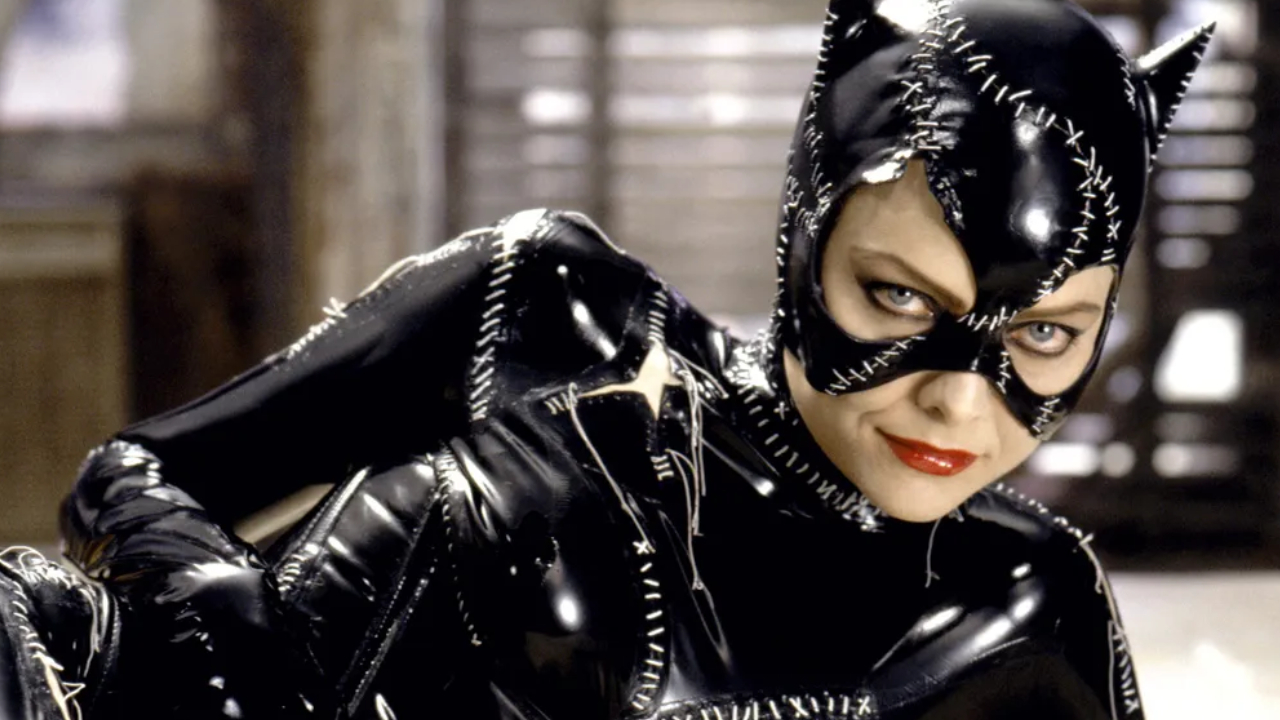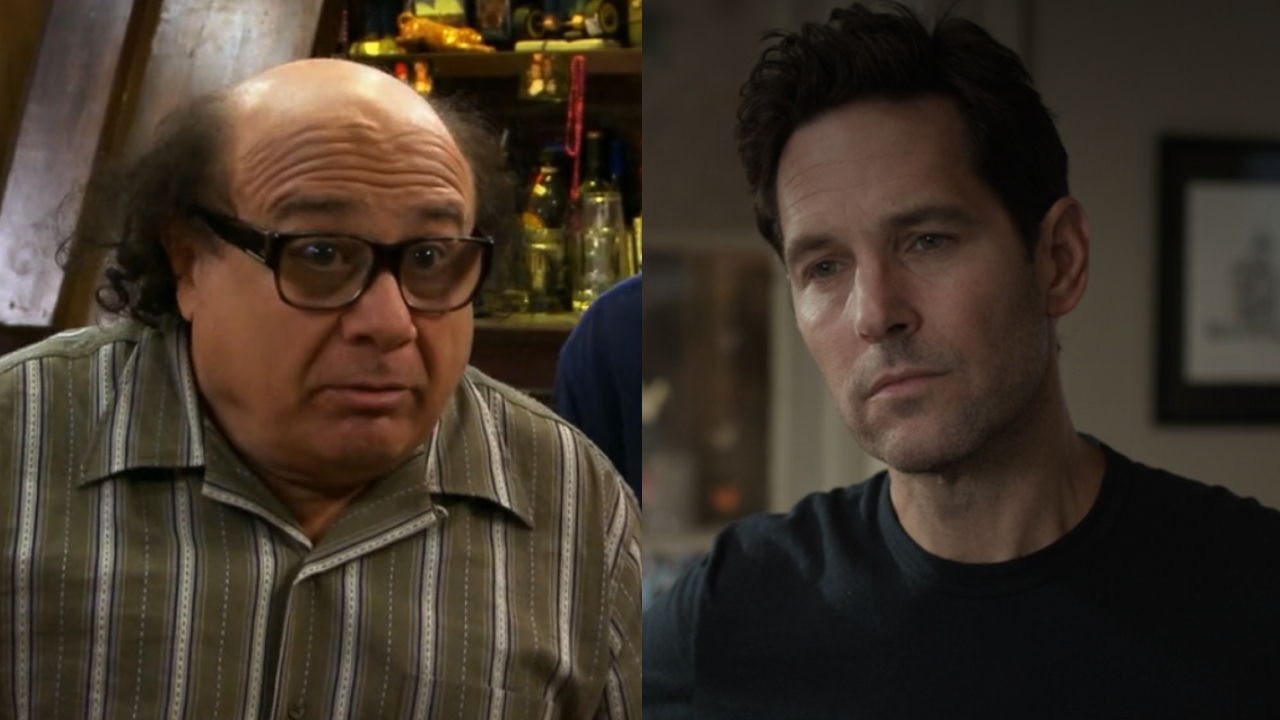Interview: Michelle Pfeiffer

Michelle Pfeiffer isn't worried about her age. Not only is she happy to mention the funny irony of filming Cheri-- a movie about a woman coming to terms with aging-- on her 50th birthday, but she also admits roles as great as the one she plays here wouldn't have come to her when she was 20. As Lea, an aging French courtesan who strikes up an affair with her best friend's young son, Pfeiffer is sexy, melancholy and vibrant through the whole thing; it's hard to imagine anyone else in the role.
That's probably what Stephen Frears figured too, when he teamed back up with Pfeiffer 20 years after they made Dangerous Liaisons. Read below for our roundtable interview with Pfeiffer, in which she opens up about the challenges of playing Lea, her looming empty nest syndrome, and her thoughts on plastic surgery. (Yes, a reporter from People was in the room, but you know you're interested in the answers).
What drew you to this one, apart from working with Stephen Frears again? Well that was a big draw. I was thrilled—thrilled—when I got the call from Stephen. Honestly, I would do the phone book with him. You know, it’s just a great part and they don’t come around that often and it was very unexpected. I think when you say the word courtesan, or prostitute, you don’t think of things like integrity, and somebody who’s highly moral, and all of those things. It was sort of a contradiction, something that was unexpected.
What moved you when you read the original book by Colette?
It’s the tragedy of nobody really saying what they’re feeling and following their heart and their passions, and allowing the social taboos of the time to ruin their lives, really. And when it would have been so easy not to. And I think we can all relate to that. I think that we’ve all made choices in life that because it was the appropriate thing to do, and it was the socially acceptable thing to do. I think we all can relate to, 'What it would be like to live your life completely honestly, if there weren’t some sort of consequence to pay, some sort of really high consequence to pay, to live your life honestly and truthfully?' To just say everything you wanted to say and do everything you really wanted to do. It’s always weighing that, those two things. Because there is a price to pay, and Léa does pay a price. I think all of these characters pay a price. Because on the one hand, Léa does go against social convention and break a lot of rules, and so as a result of that, she gains independence and she’s wealthy and she doesn’t have to worry about money, and she doesn’t have to be under the control of a man. But she sacrifices having children, she sacrifices having close relationships, which is what she faces at the end of the story. Looking around, she has a lot of things, but she doesn’t have what really matters.
What were your feelings about playing this aging woman?
I think it was interesting to me that I was shooting this film on my 50th birthday. And I thought, well, isn’t that ironic? I am really heading into the eye of the storm here. So it was interesting because it came and went and that was it. It wasn’t really anything. My situation is different than Léa’s, but I have to tell you, I was really, I thought, if I didn’t have my family, if I didn’t love my life the way that I do, I didn’t have my health, I didn’t have all these things to be grateful for. This would be tough. This would be a tough bday to have.
Your Daily Blend of Entertainment News
You've been very selective about the work that you do over the last 16 years.
I probably would like to do more than I do do, because I love working, but I can’t work more than I work because I have to do some facetime with the family, and the work that I do is just all-encompassing. It’s not like an 8 to 5 job; much of the time, you leave before the kids are up and you get home and they’re in bed, and so I just feel like I can’t be away all the time. What kind of mom are you?
My kids would probably say that I’m too strict. They probably would say that, and I try not to be, but I’m probably more on the conservative end of that. At the same time, I know full well that ultimately I don’t really have control over them. I am sort of a guide, I try to look at myself as a guide, help them navigate their way through. And that’s it, I love spending time with them. I love summer vacation. I hate school as much as they do, hate carpool, getting up early. I am not that eager to send them off to camp for the summer. I like having them around.
Now that they are getting older, do you think you will be trying to work more?
I don’t know what will happen once they leave, other than I will have serious empty nest syndrome, I am sure. But I probably will work more, because I do love working, probably. And I’ll continue to work when I can, and if I am able to get things scheduled in the summer, it makes it easier, then they can travel with me.
What is it you love most about working? About approaching a character?
I think I like the sort of psychological nature of it. I like understanding what’s underneath, what’s really motivating people. When I was younger, I wanted to be a psychiatrist, so I think it has to do with that. I love the research, and there’s a certain amount of escapism that’s sort of seductive, really getting outside of yourself. It’s a hard thing to define. My guess is it’s actually something motivating me that I’m not aware of.
What are you doing that you look so good?
Really great makeup artists, who are right outside the door. [Laughter] You know, when I am working, I take really, really good care of myself. I eat really well, and I exercise, and again, I have this team of people pulling me together every day. And it really changes the way you look. And I’m happy. When I’m not working, you know, I’m going to eat a big bag of potato chips, and I’m going to be puffy, and I’m not going to look so good. It’s not always such an accurate representation of me when I show up to something like this, or when I’m working. It depends on the part, and when you catch me.
What are your thoughts on plastic surgery?
My thoughts on plastic surgery are, I don’t care. I honestly don’t care if people want to do go something or just don’t turn yourself into a freak. I want to be able to recognize you when I run into you on the street, that’s all. Or not be distracted by something odd. I just think there is so much emphasis on it now, and really, in the scheme of things, is it really that important? Does it really deserve all that airtime?
So no plans for you then?
The older you get, the harder it is to say “never.” But my feelings are, it doesn’t matter.
Staff Writer at CinemaBlend

